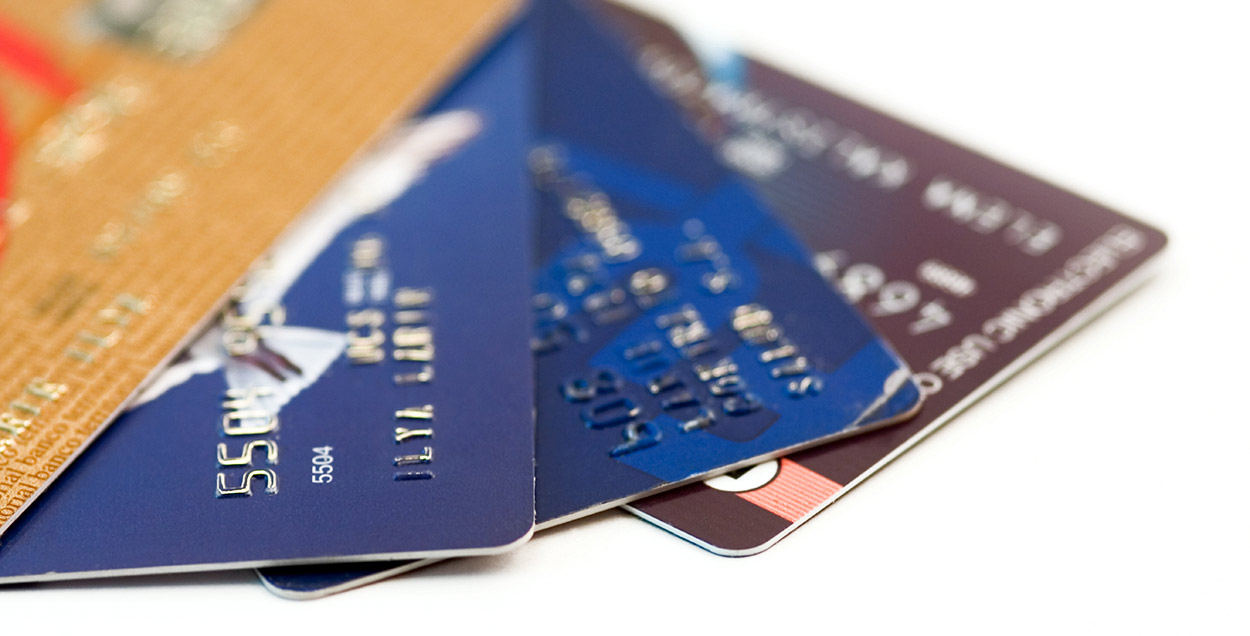A big tax bill is like hay fever. You don’t want it, you try to avoid it — and then April rolls around and it hits you hard. Now you have to figure out how to take care of it.
Taxes have to be paid, and putting them on your credit card might seem a good option. Maybe you need more time to come up with the money, or you’re imagining the rewards you could rack up by putting a big expense on your card. But paying the IRS with plastic probably isn’t a good idea, and here’s why.
Card Processing Fees Add Up
When you buy something with a credit card, the merchant pays processing fees to the financial institutions that handle the transaction. But when you put a tax payment on a credit card, the IRS doesn’t pay those processing fees. You do.
To pay federal taxes with a credit card, you have to use one of the IRS’ third-party credit card processors, which charge fees of 1.87 percent to 2 percent of the amount you put on the card. If you use software such as TurboTax to file returns and pay taxes online, the fees may be higher.
These fees could eat up your credit card rewards. Most cards offer only a 1 percent to 1.5 percent rewards rate for this type of transaction.

